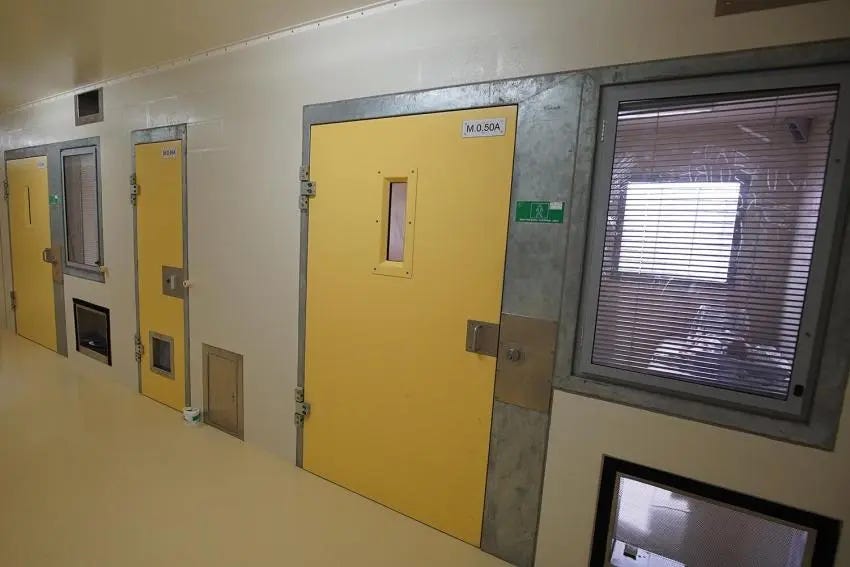The push to ban solitary confinement
In the first half of this year there were more than 20,000 incidents of solitary confinement of children in prison in Victoria.
The use of solitary confinement within prisons has become normalised around the country, and there is now a growing push to outlaw the harmful practice.
There have been numerous recent reports on the use of solitary confinement in Australia. In Queensland, an Aboriginal teenager with an intellectual disability was kept in solitary confinement for 500 days.
In Western Australia, the state government is facing a class action lawsuit in relation to conditions in its youth prisons, where children were kept in solitary confinement for up to 24 hours per day.
The practice is also widespread in Victoria. According to the youth justice isolation quarterly, there were more than 20,000 incidents of isolation in the first six months of this year, the large majority due to “security of the centre concerns”. There were also hundreds of solitary confinement instances due to behavioural issues and Covid.
In 2021-21 there were nearly 3200 instances of Aboriginal detainees being kept in solitary confinement “in the interest of the security of the facility”. This is typically down to staff shortages within the prisons.
A new report in the Law Institute Journal by Victorian Aboriginal Legal Service principal managing lawyer Sarah Schwartz and Human Rights Law Centre managing lawyer Monique Hurley has called on the Victorian government to ban the use of solitary confinement in prisons.
The paper argues for the legislation of the United Nations Minimum Rules for People in Prison in relation to solitary confinement, which prohibits the use of solitary confinement on children and prolonged or indefinite solitary confinement of adults.
“The Victorian government should act on these recommendations and consign the use of isolation practices to the history books by banning their use in law and clearly defining the circumstances in which a person may be lawfully separated from others in prison,” Schwartz and Hurley said in the paper.
“A Victorian government which is committed to community safety would end the damaging practice of confining people to a small cell for days or weeks on end.”
The state government must also provide adequate funding to all of its facilities to ensure there are no instances of solitary confinement due to staffing issues.
The paper quotes one young person held at Port Phillip Prison on the impact of solitary confinement.
“I feel worn out, I don’t feel like making any changes…you can only stare at the four corners [of your cell] for so long,” the young person said. “You don’t even get any sun.”
In a recent submission to the UN, Australia’s National Preventive Mechanisms said that solitary confinement remains a significant issue, and that the use of “isolation” must be authorised by law and should have legislated safeguards in place.
Victoria’s Yorrook Justice Commission also highlighted the growing prevalence of the practice and called for it to be banned in legislation.
In 2017 the Commissioner for Children and Young People identified a “systemic over-reliance on isolation” in youth prisons, while the Victorian Ombudsman in 2019 found that young people had been detained in effective solitary confinement for more than 100 days.




I not only press like on this article, but I whole heartedly believe the practice must be stopped, not only because it destroys a human being, but in the long run will seriously harm the whole of our society. When I look at the whole global scene, human rights are being flouted more in the West than in most other countries. Western governments spend a lot of their energy condemning others, with very little evidence, or even with outright lies. I advise the West to leave it to the UN and Amnesty International etc to reveal human rights abuse. In fact the UN has condemned Australia, and Australia has banned the UN from inspecting our prisons.